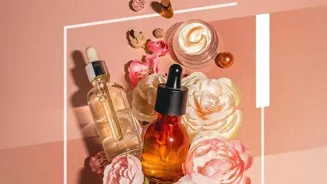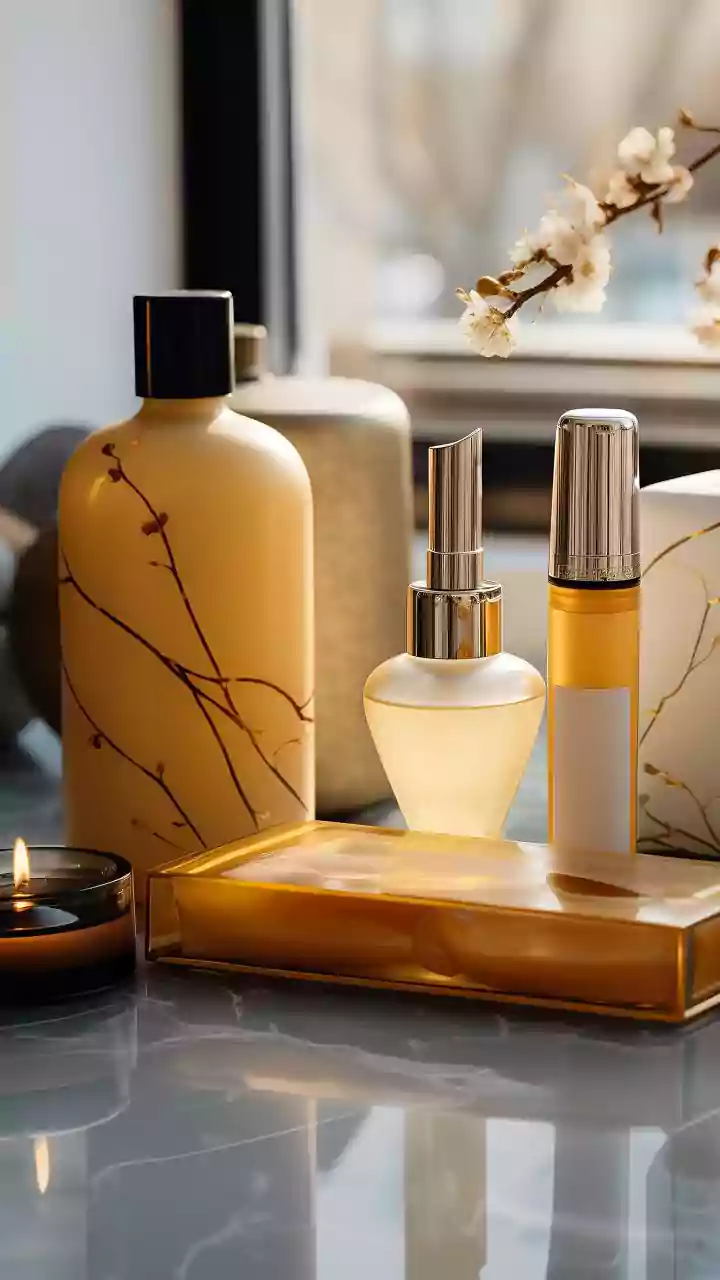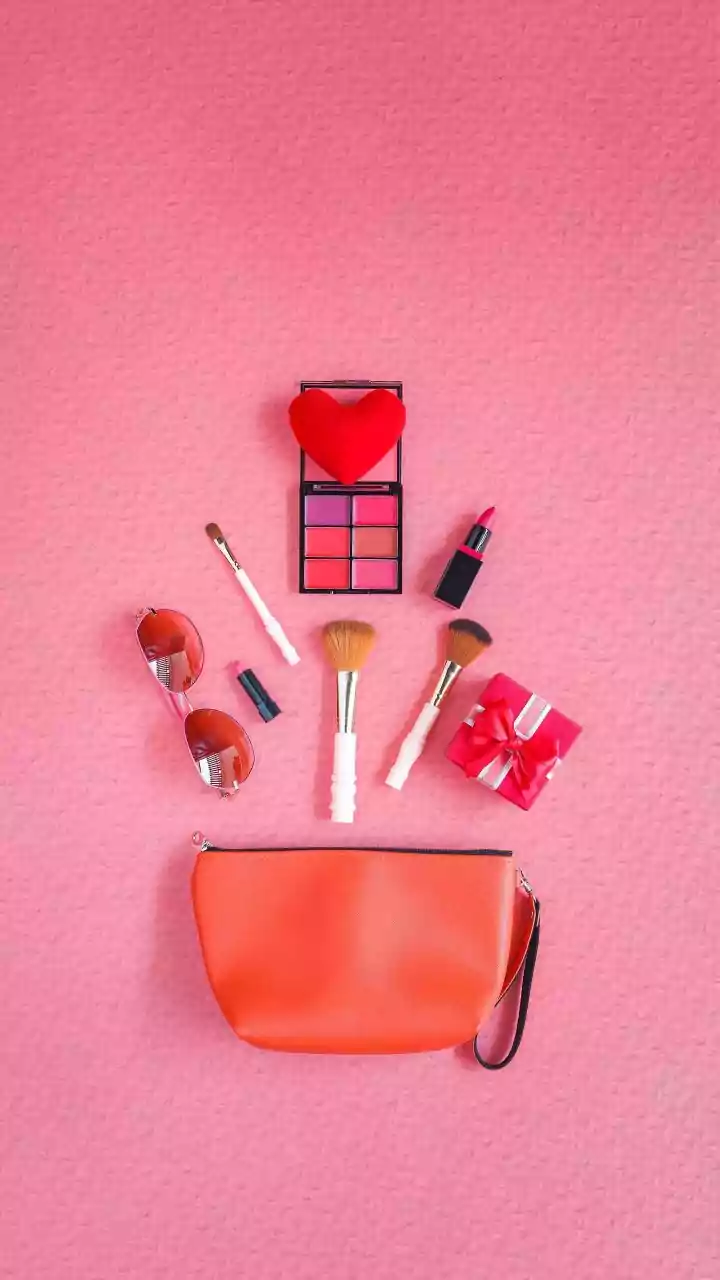Unlocking the Mysteries of Perfume: A Journey Through Time and Culture. Discover the surprising origins and evolution of scents!
Namaste, readers! Perfume, that invisible accessory we often spritz on before
stepping out, has a history far richer and more intriguing than you might imagine. It's not just about smelling good; it's a journey through civilizations, rituals, and even scientific breakthroughs.
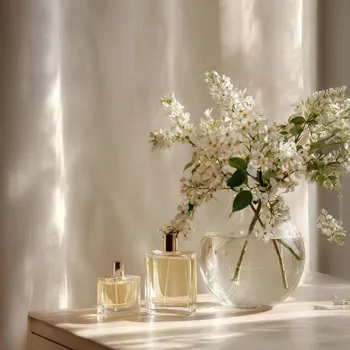
So, let's dive into six fascinating facts about perfume that you probably didn't know. Prepare to be surprised!
Perfume's Ancestors Weren't About Smelling Good, Initially
While we associate perfume with personal fragrance today, its roots lie in religious and spiritual practices. The word "perfume" itself comes from the Latin "per fumum," which means "through smoke.
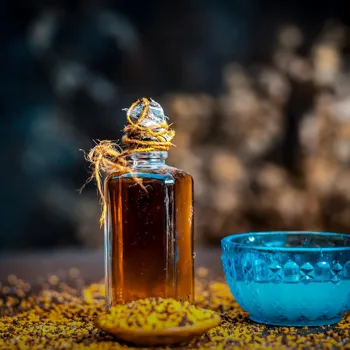
" Ancient civilizations like the Mesopotamians and Egyptians burned incense and aromatic herbs as offerings to their gods. This practice was believed to please the deities and carry prayers heavenward. Think of it as sending a fragrant telegram to the divine!
The pleasant aromas were secondary; the primary purpose was communication with the spiritual realm. The more fragrant, the better, as it was thought to better appease the gods.
Different cultures had distinct preferences for scents; some favored frankincense and myrrh, while others leaned towards spices and floral extracts.
Ancient perfumes: from sacred rituals to modern luxury scents
These early "perfumes" were mostly in the form of incense or infused oils used for religious ceremonies. Think about the grand temples of Egypt, filled with the heavy scent of burning resins, or the rituals of Mesopotamia, where priests would invoke their gods with fragrant smoke.
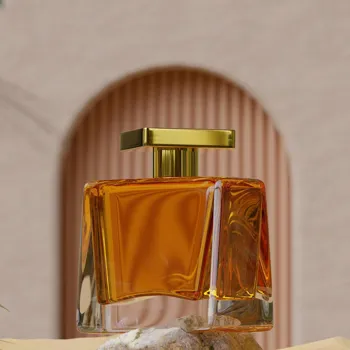
These aromatic offerings weren't just limited to temples; they were also used in funerary rites to embalm the deceased and ensure a pleasant journey to the afterlife.
So, next time you reach for your favorite perfume, remember that you're participating in a tradition that stretches back millennia, a practice once reserved for the gods themselves!
This evolution from a spiritual tool to a beauty essential is really an interesting insight into how our perception of things changes with time.
An Indian Connection
The Indus Valley Civilization's Scent Sensibilities: Often, when we consider ancient perfume traditions, our thoughts immediately go to Egypt or Mesopotamia.
However, the Indus Valley Civilization (IVC), flourishing around 3300-1300 BCE in the Indian subcontinent, also had a sophisticated understanding of aromatics.
Archaeological evidence reveals the presence of distillation apparatus and terracotta containers used for extracting and storing fragrant oils. These findings suggest that the people of the IVC were not just passively enjoying natural scents but actively creating and using perfume products.
Perfume's role in ancient Indus Valley Civilization life
While direct written records are limited due to the undeciphered Indus script, the presence of these tools indicates that perfume played a role in their daily lives, possibly in religious rituals, personal grooming, or medicinal practices.
They understood the process of extracting scents from plants, a knowledge that was likely passed down through generations. Though the exact recipes and preferences remain shrouded in mystery, the evidence clearly points to the IVC as an early center for perfume production.
Isn’t it something – that the roots of this beauty staple are so entwined with our very own ancient world? Also, the fact that that they were crafting these fragrances using sophisticated methods more than 5000 years ago just blows your mind.
Egypt's Cleopatra
A Perfume Powerhouse: Cleopatra, the last pharaoh of Egypt, wasn't just a political genius; she was also a master of perfume. She understood the power of scent and used it to her advantage in both diplomatic and personal relationships.
Legend has it that when she visited Marc Antony, she ordered her ship's sails to be doused in perfume, so the Roman general would be greeted by an overwhelming fragrance long before he even saw her.
This demonstrates how perfume was used not just for personal adornment but also as a tool of influence and seduction.
Cleopatra's love for exotic perfumes and their power to create lasting impressions
Cleopatra had her own personal perfumeries and was known to experiment with different scent combinations. Her favorite perfumes were said to contain ingredients like frankincense, myrrh, cardamom, and cinnamon – rich and exotic aromas that reflected her opulent lifestyle.
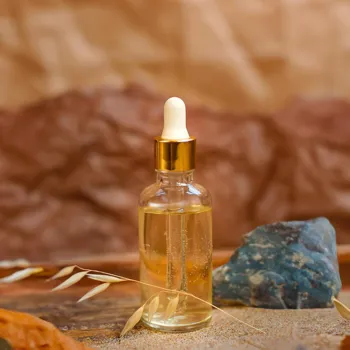
She even wrote about perfume recipes, although those records have unfortunately been lost to time. Her understanding of perfume was so profound that she practically weaponized it, using it to create an unforgettable impression.
Remember this, folks: next time you use a particularly striking fragrance, consider it your own subtle way of evoking the spirit of Cleopatra.
From Royalty to the Masses
Perfume's Democratization: For centuries, perfume was a luxury reserved for the wealthy and powerful – royalty, nobles, and the elite. However, with advancements in chemistry and production techniques, perfume gradually became more accessible to the general public.
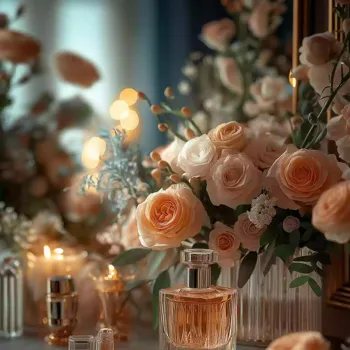
The rise of industrialization in the 19th century led to the mass production of synthetic fragrances, making them more affordable and widely available. No longer were you restricted to only royalties for being able to adorn these aromatic accessories!
Perfume democratized: from luxury to everyday indulgence through innovation
This democratization of perfume meant that ordinary people could now enjoy the pleasure of wearing fragrance, transforming it from an exclusive privilege to an everyday indulgence.
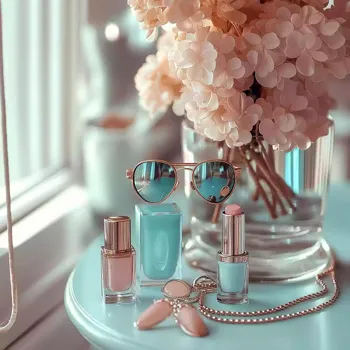
The invention of synthetic ingredients also expanded the olfactory palette, allowing perfumers to create entirely new and unique scents that were previously impossible to achieve using only natural materials.
This shift marked a major turning point in the history of perfume, making it a staple in households around the world.
So today, when you see the array of perfumes available at every price point, remember that it's a relatively recent phenomenon, a result of centuries of innovation and changing social norms.
Perfume and Medicine
An Unexpected Connection: Believe it or not, perfumes weren't always just about smelling good; they were also considered to have medicinal properties. In ancient times, fragrant herbs and oils were used to ward off diseases and purify the air.
During outbreaks of the plague, for example, people would carry pomanders filled with aromatic spices to protect themselves from infection. The belief was that the strong scents could repel the "bad air" that was thought to cause illness.
Aromatherapy: ancient belief in scent's healing power persists
Even today, aromatherapy, the practice of using essential oils for therapeutic purposes, has its roots in this ancient belief in the healing power of scent. While modern medicine has largely debunked the idea that perfume can cure diseases, the psychological effects of fragrance are well-documented.
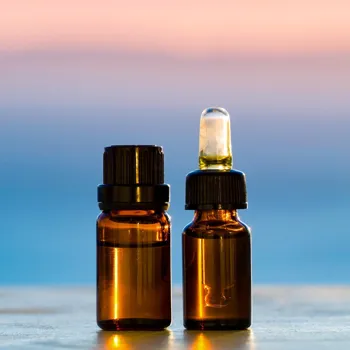
Certain scents can evoke memories, reduce stress, and improve mood. The use of lavender to promote relaxation or citrus scents to boost energy are common examples. The idea that scents can do more that smell good really makes us see fragrance in a whole new light.
Perfume Preservation
The Art of Scent Conservation: Have you ever wondered how to preserve your favorite perfume so it doesn’t lose its wonderful aroma? Perfumes are delicate creations, and exposure to light, heat, and air can degrade their quality over time.
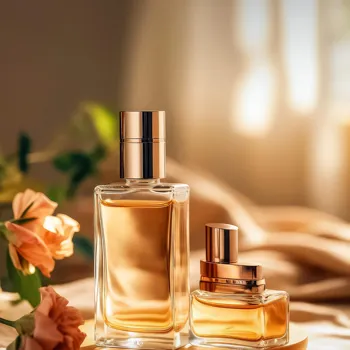
The best way to store perfume is in a cool, dark place, away from direct sunlight and extreme temperatures. Ideally, keep your perfume bottles in their original boxes or in a drawer to protect them from light.
Preserve perfume by avoiding shaking, sealing tightly
Another tip is to avoid shaking the bottle, as this can introduce air and speed up the oxidation process. Also, make sure to close the cap tightly after each use to prevent the fragrance from evaporating.
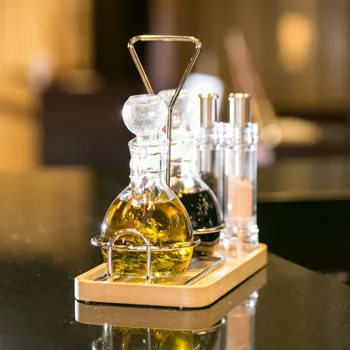
By following these simple steps, you can extend the life of your perfume and enjoy its scent for longer. So don’t just buy that bottle just for once and forget to store it well, remember to keep the bottles preserved to savor those awesome aromas for as long as you can!
AI Generated Content. Glance/InMobi shall have no liability for the content